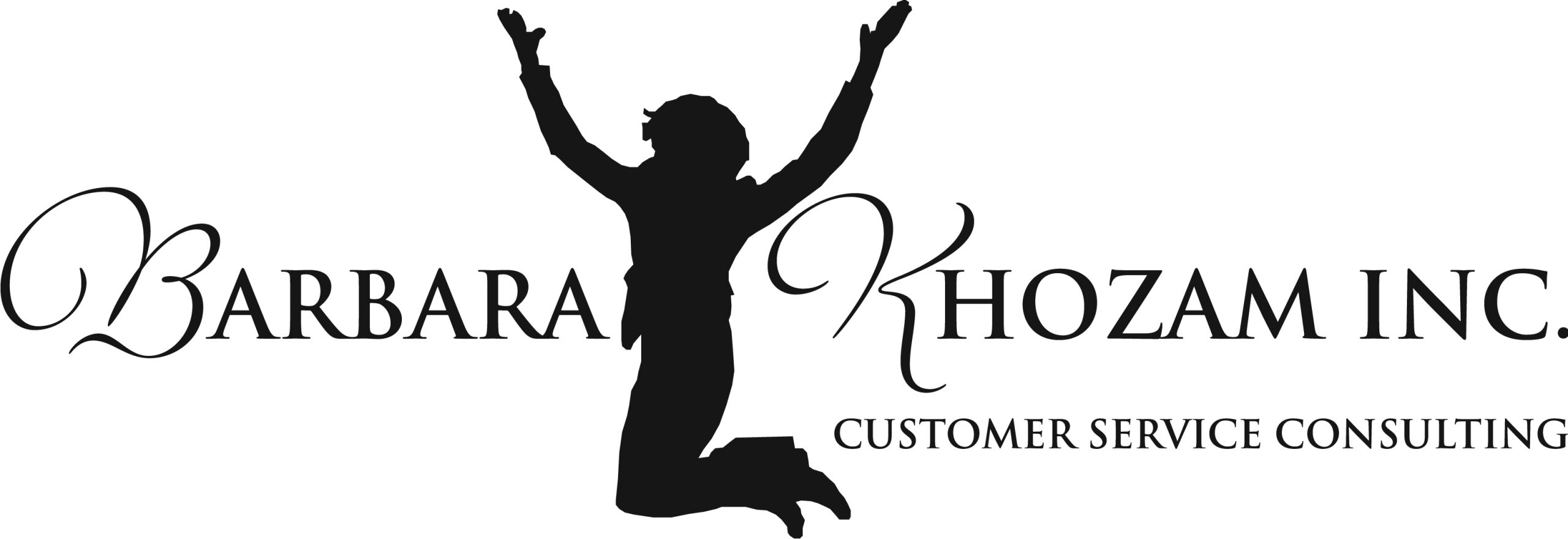What, are we at grandma’s dinner table?
Negative Ned Says…
“Hey, you’re not going to hear me say ‘please’ and ‘thank you’ every time you turn around. I’m already doing you a favor by taking care of your transaction. Anyway, no one bothers with these pleasantries anymore, except maybe Emily Post, and she’s so passé. You want me to be gracious? Get real. You want to buy this or not? I just want to finish your transaction and get you out of my face. You came to this store, right? So I know you’re gonna buy what you want whether I’m polite or not.”
Positive Paul Says…
“Did you know that watching polite behavior causes others to be polite? Cool, huh? Most customers will respond favorably to good manners. Saying ‘please’ and ‘thank you’ is easy. It’s the bare minimum of courteous customer service behavior. However, what matters most about being polite is not just saying the words, it’s the meaning behind them.
Does it seem that there’s an increase in rude behavior everywhere you turn? Perhaps it’s due to our fast-paced society or to our need to have everything we want immediately. I’ve noticed that fewer and fewer people seem to show manners and kindness toward one another. If someone drops something, no one stops to pick it up. If someone is struggling to put their bag in the overhead bin of an airplane, everyone, including the flight attendants, look on with impatience. When going through a door, most people don’t hold the door open for the person behind them. And if by chance they do, that person usually forgets to say ‘thank you.’
According to Gary S. Goodman, ‘there is a connection between saying please and pleasing customers, and saying thanks and making customers feel appreciated.’ Customers love hearing please and thank you repeatedly because it makes them feel important. By uttering these words, we remind ourselves who comes first in business.’
And isn’t making your customers feel important the whole point of great customer service?”
A Real World Example
When I worked at my previous company, I used a small rental-car company to rent cars. In all, it had about five cars only and one main employee. Because I rented from them frequently, the employee knew me well. How did I know? Because when I walked in, my paperwork would be sitting on the counter, and he would silently point to the places where he wanted me to sign. I never received a smile, a ‘hello,’ or a ‘nice to see you again.’ Although he was efficient at his job and not overtly rude, he acted with no personal connection whatsoever between us. I disliked doing business with him, and I always tried to return the car after business hours, so I wouldn’t have to deal with him.
Moral to the story: Using the words “please” and “thank you” do not hurt your mouth or your brain.
Strategies to Turn This Around
Say “Please” and “Thank You” and mean it!
- When making a request of a customer, begin by saying “Please.”
- After the customer has completed something, say “Thank You.”
- Don’t forget a friendly “Goodbye” and “Take care.”
- Conduct steps one through three with meaning and a smile.
Remember: Most people respond favorably to good manners.
“Politeness goes far, yet costs nothing.”
— Samuel Smile
© 2012 by Barbara Khozam Inc. All rights reserved. No part of this message may be reproduced or transmitted in any form or by any means, electronic or mechanical, including photocopying, recording, or by any information storage and retrieval system without written permission of the publisher.
